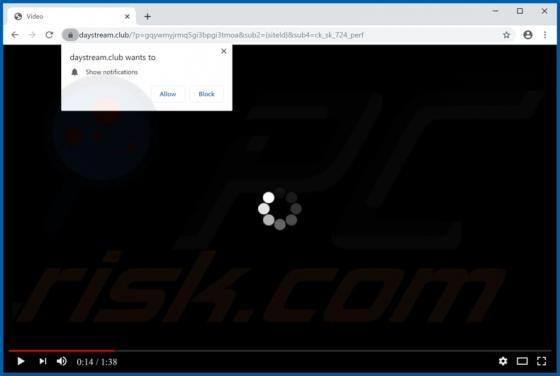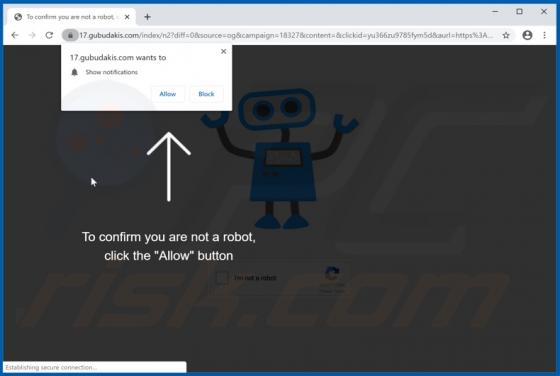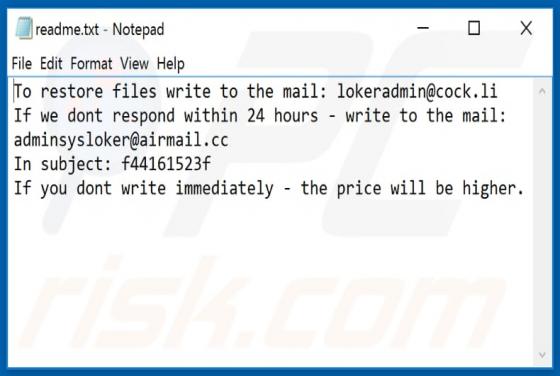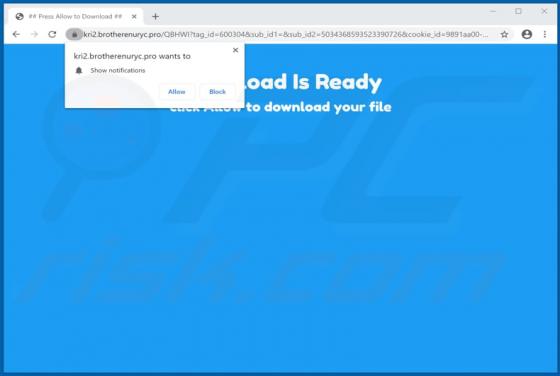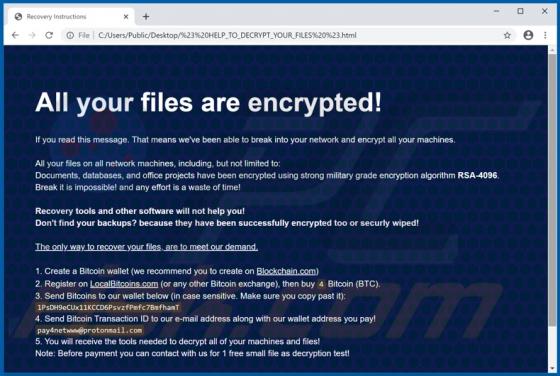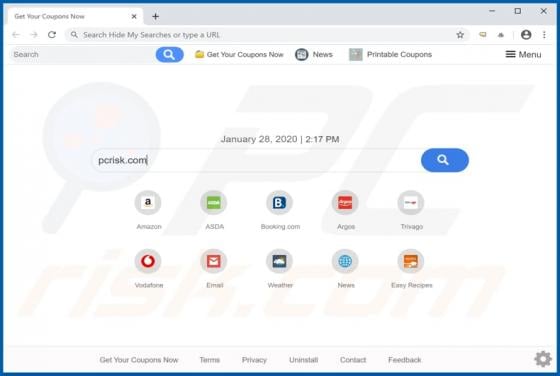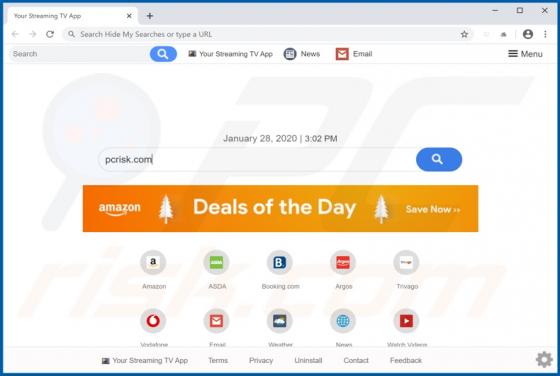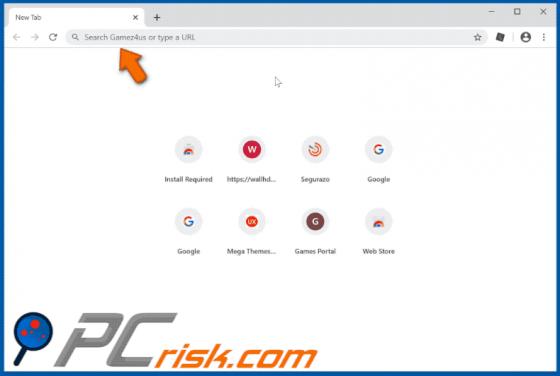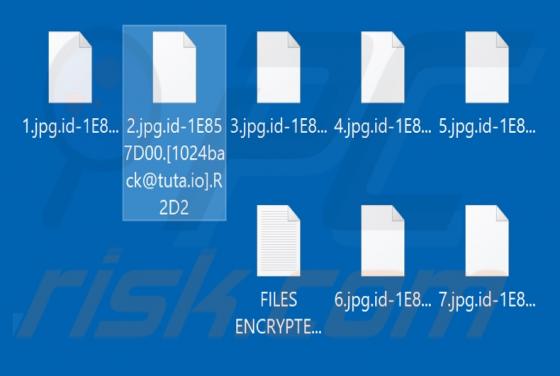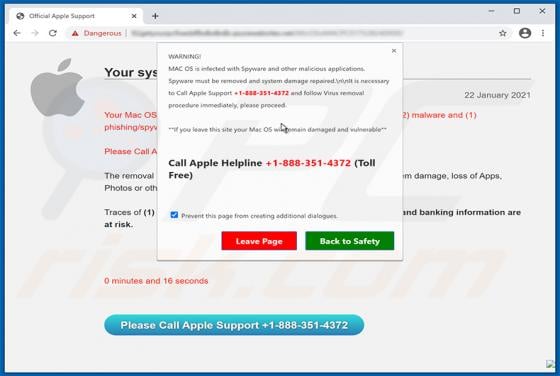
MAC OS Is Infected With Spyware POP-UP Scam (Mac)
"MAC OS Is Infected With Spyware" is another fake error message that shares similarities with Website You Visited Infected Your Mac With A Virus, You Mac May Be Infected By A Virus!, Mac OS Security, and many others. This error message is displayed by a number of deceptive websites. Most visitor
